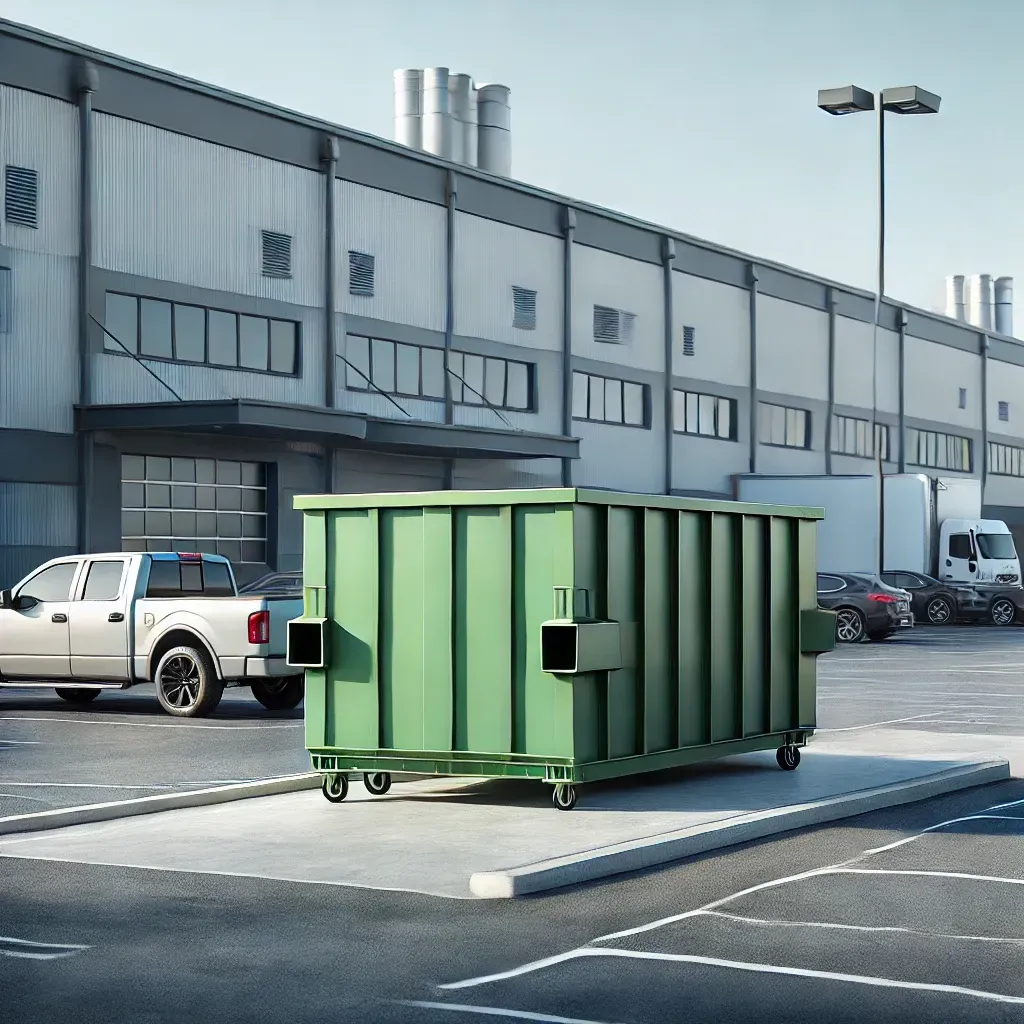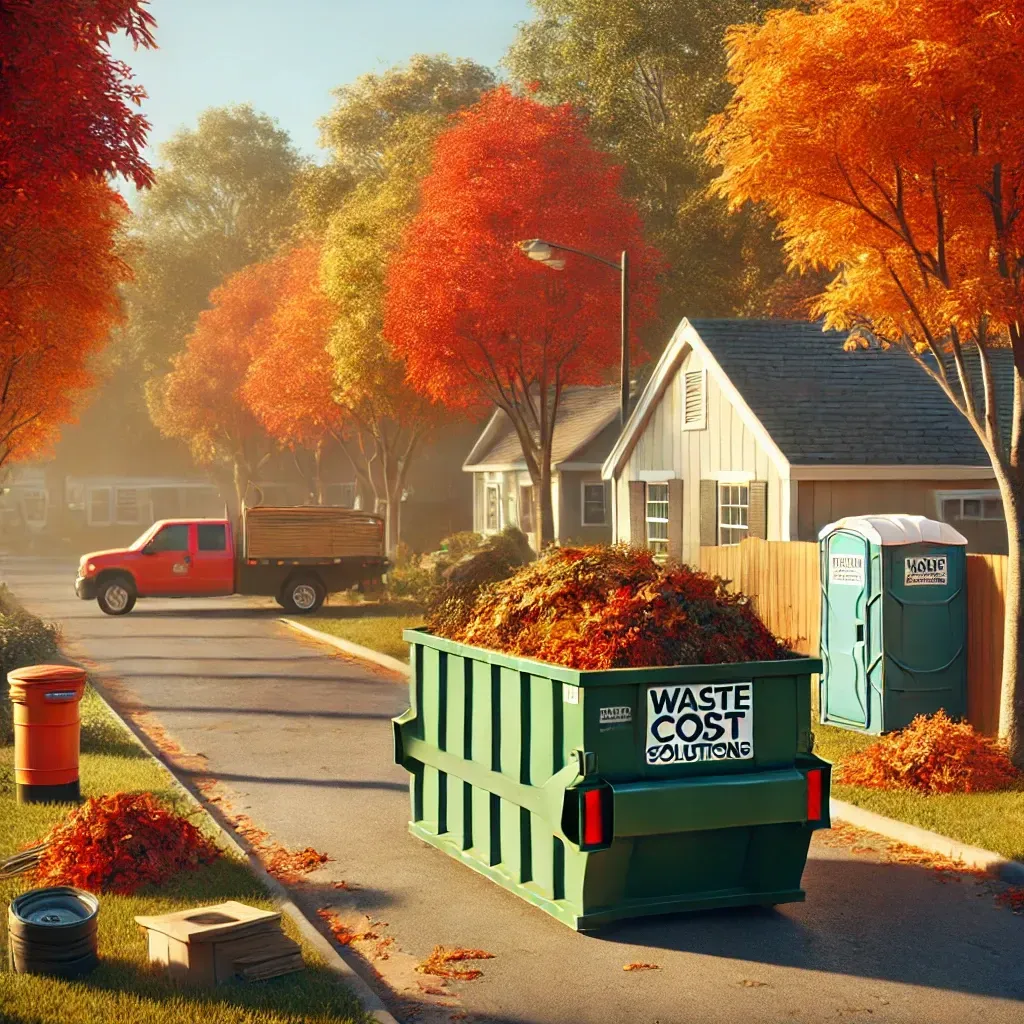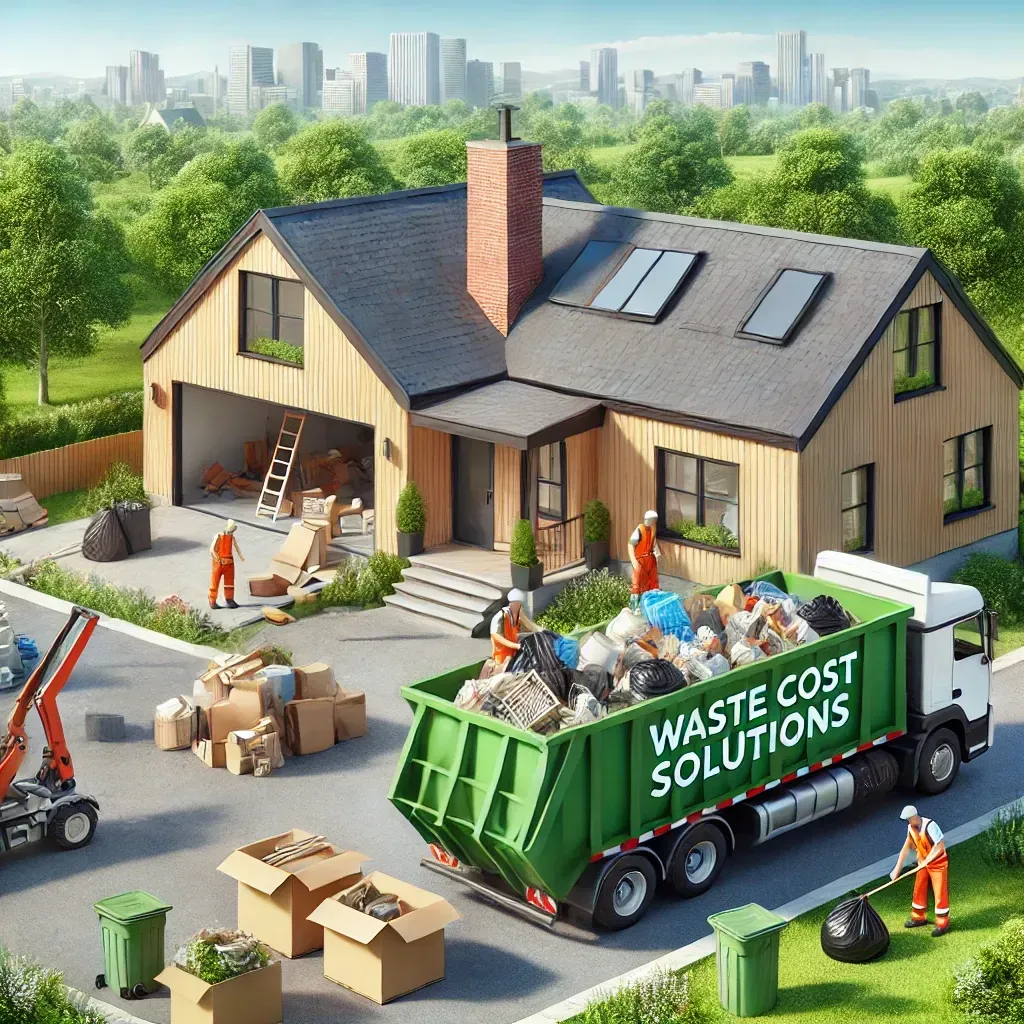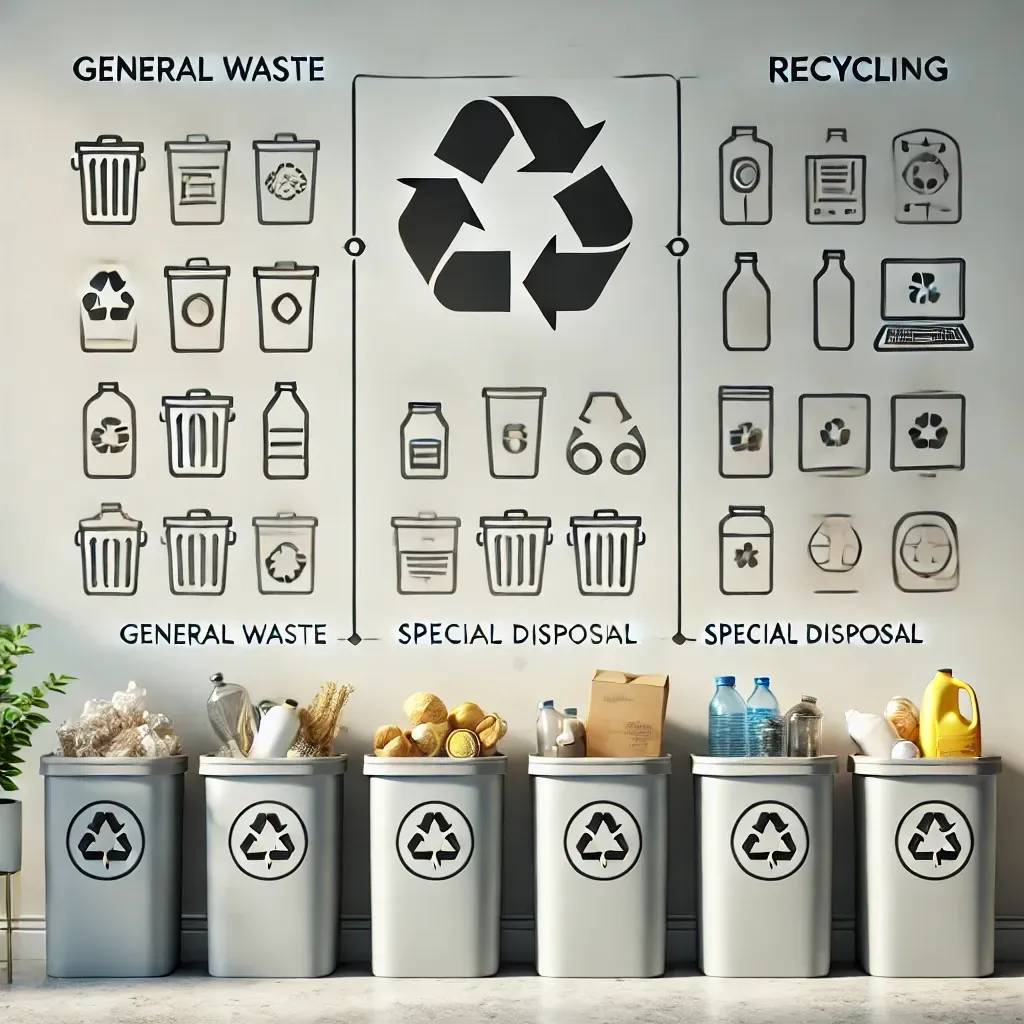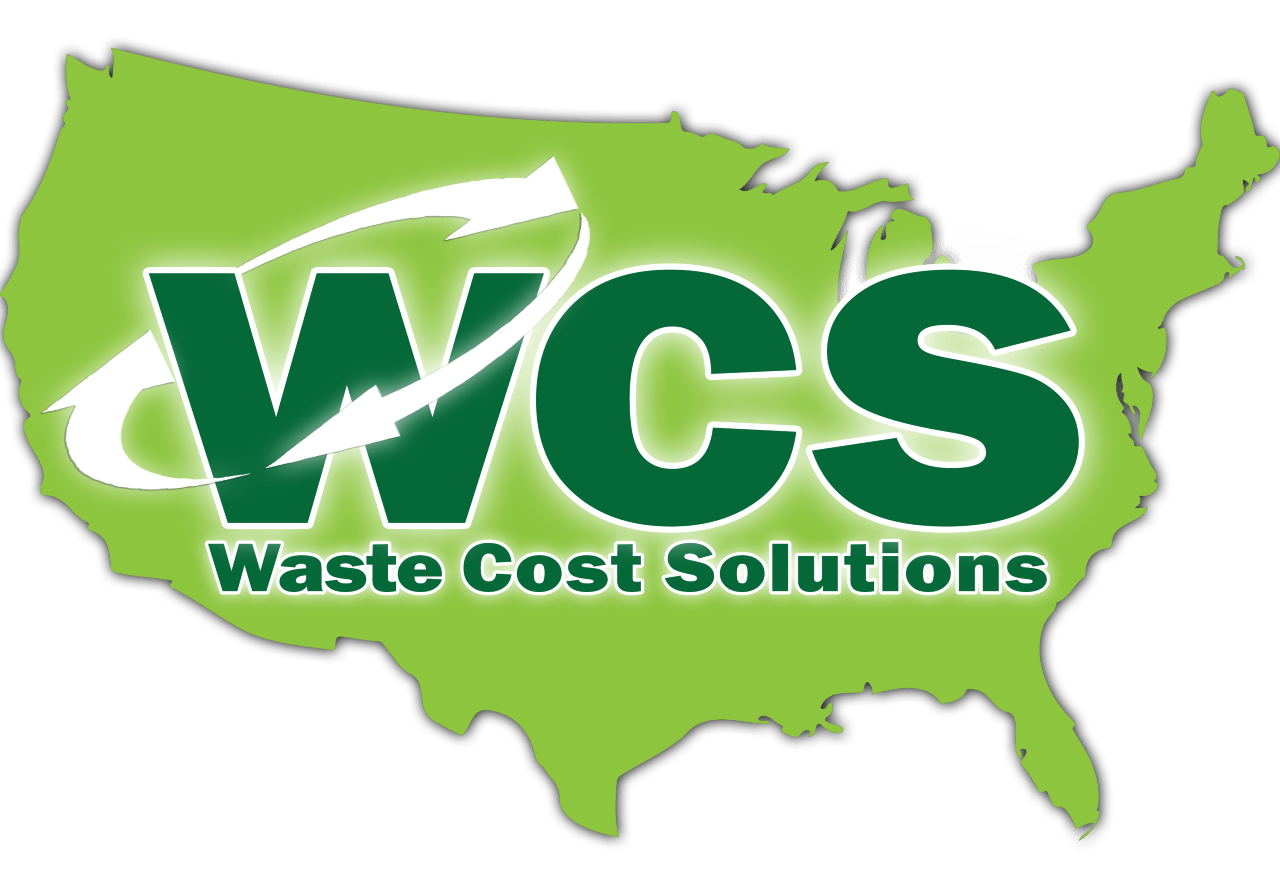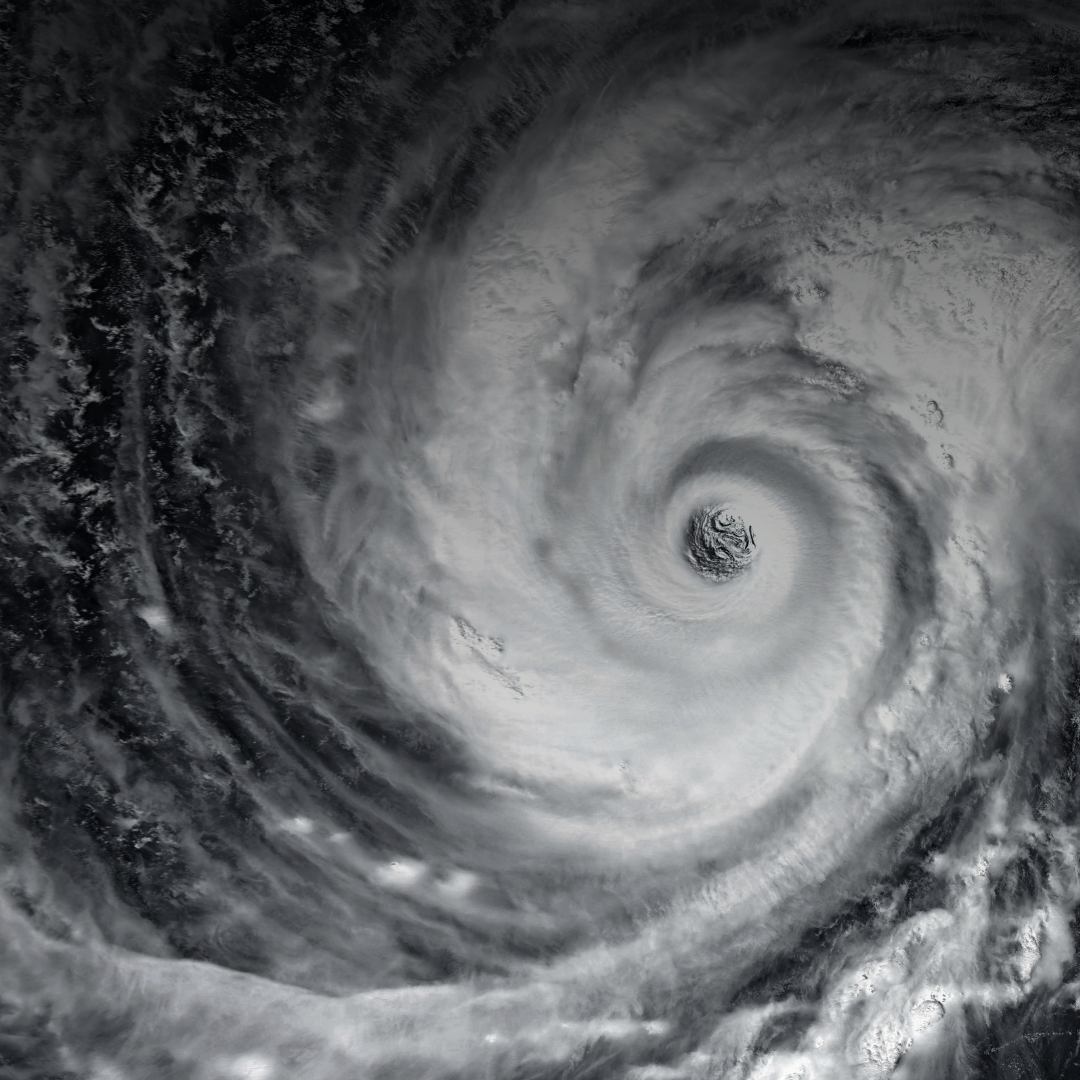What is a Waste Management System?
An Introduction to Waste Management Systems
A waste management system is an integrated approach that mitigates the environmental impact of solid waste and other non-hazardous materials. It involves the collection, transport, storage, treatment, and disposal of these materials in a manner that is safe for both people and the environment.
The Different Components of a Waste Management System
The components of a waste management system can vary based on the type of material being collected and the local regulations in place. Generally speaking, however, there are four main components that make up a complete waste management system. These include collection, transportation, treatment, and disposal.
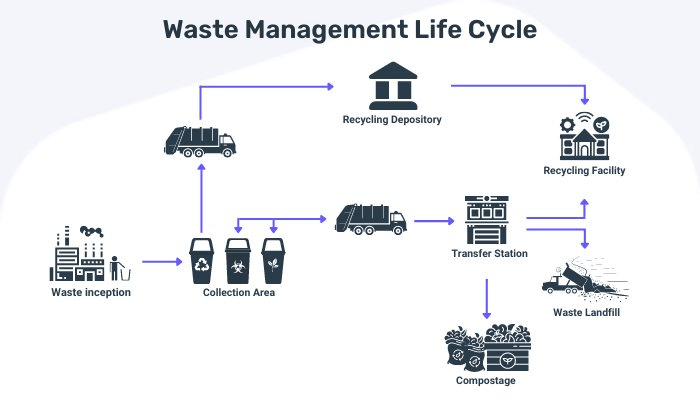
Collection:
This component involves collecting materials such as garbage or recyclables from residential or commercial properties. Typically this is done by municipal authorities who have special vehicles equipped with containers for collecting different types of materials.
Transportation:
Once collected, the materials are then transported to a processing facility for treatment or disposal. This usually involves specialized trucks that are designed to safely transport hazardous and non-hazardous materials.
Treatment:
Depending on the type of material being processed, this component could involve sorting out any recyclable materials from non-recyclable ones as well as treating hazardous wastes in accordance with local regulations. Treatment facilities also often include incinerators used to burn certain types of wastes so that they can be disposed of more safely.
Disposal:
The final step in the process is disposal which typically involves either landfilling or incineration depending on the type of material being disposed of. Landfills are large areas specifically set aside for disposing of solid wastes while incinerators are used to dispose of hazardous wastes by burning them at high temperatures so that they can be reduced to ash before being disposed of properly.
Why Is a Waste Management System Important?
Waste management systems are essential for helping reduce our environmental footprint and ensuring that hazardous waste does not end up in our water supply or airways causing harm to people and wildlife alike. To ensure the proper functioning of these systems it is important to adhere to all local regulations regarding the collection, transportation, treatment, and disposal of various types of waste.
Businesses should take appropriate steps towards minimizing their own environmental impact through proper waste management practices such as recycling or composting whenever possible. Proper waste management not only helps keep our environment clean but also aids businesses in cutting down costs related to energy consumption which makes it beneficial both financially as well as environmentally!
